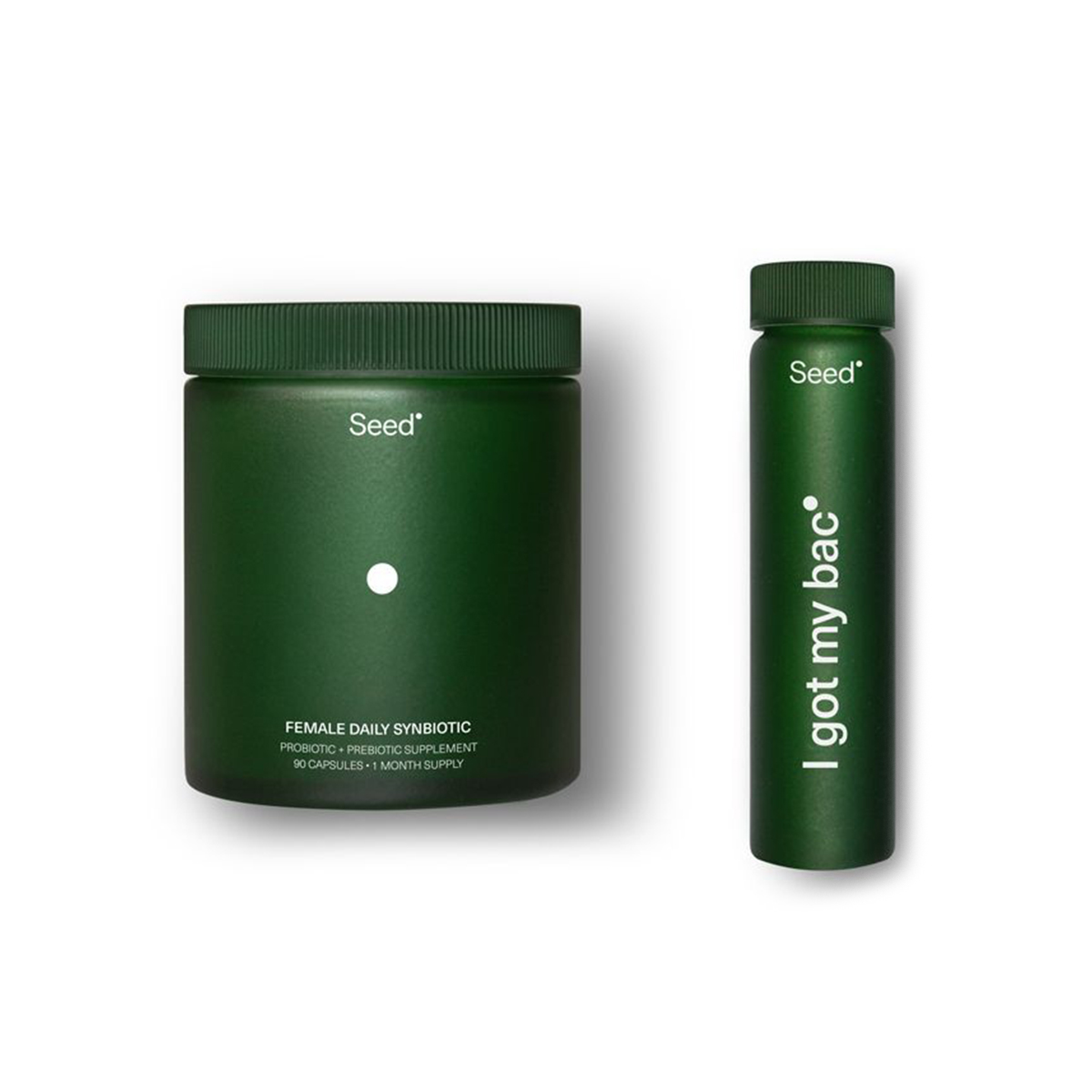Meet the Probiotic That's About to Change Everything

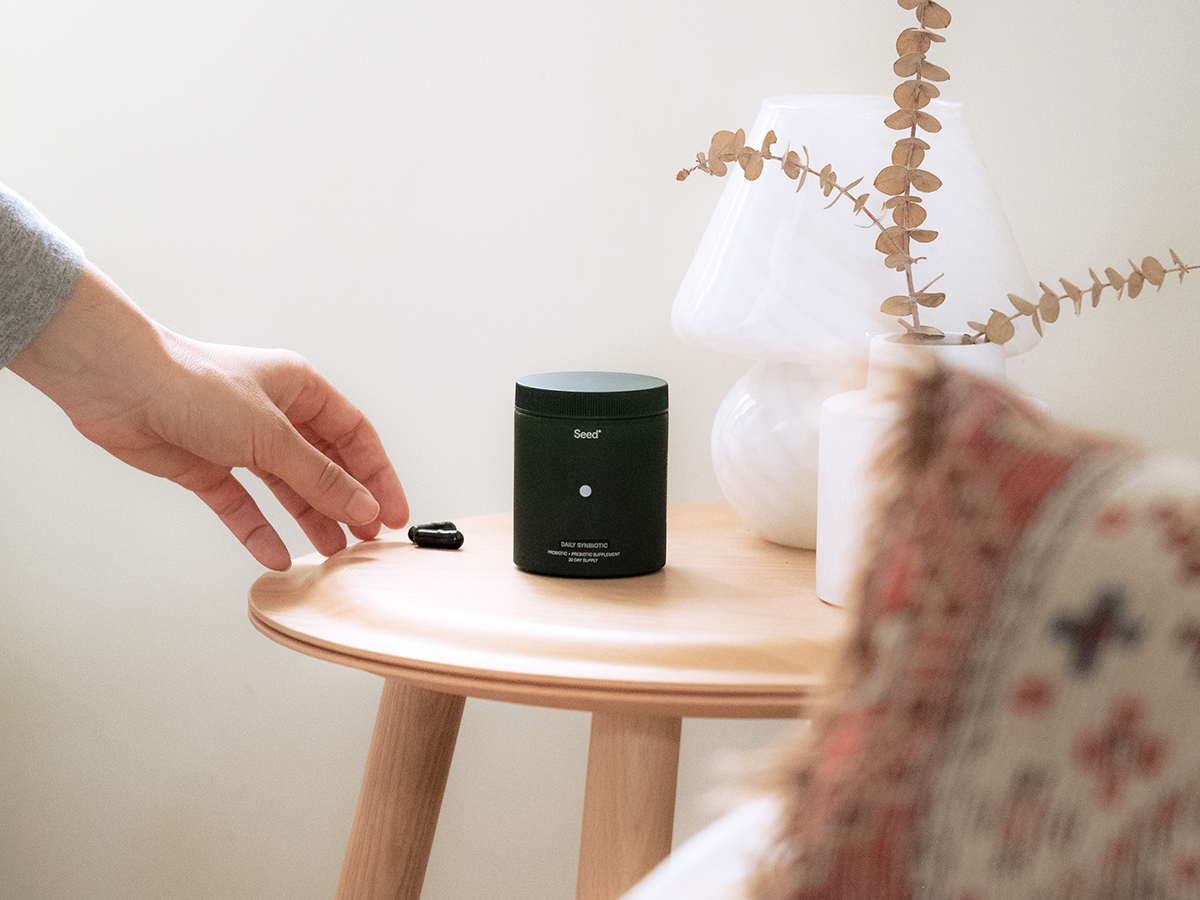
Does it make me a bad wellness editor to admit that I am utterly clueless about "gut health"? My understanding of probiotics is elementary at best. I know that an imbalance of "good"-to-"bad" bacteria can spell disaster for my digestive system, my skin, and even my mood. I know to include yogurt, kimchi, and kombucha in my diet since they're all rich sources of the aforementioned "good" bacteria. But if you were to ask me the specifics of "gut flora" and how exactly probiotics work, you'd be met with a bewildered shrug. (And prebiotics? Forget it.) In all honesty, I've never been totally convinced that probiotic supplements work in the first place. And I'm not alone.
"Probiotics are now the fastest-growing consumer health category in the world, but the increasing availability of 'probiotic' supplements, foods, and beverages has created a lot of confusion for consumers," says Ara Katz. After co-founding the incredibly successful e-commerce platform Spring, Katz has since channeled her expertise into the wellness market with the launch of Seed, a buzzy new consumer health company that intends to reinvent the way we approach probiotics—namely by removing the guesswork surrounding it all.
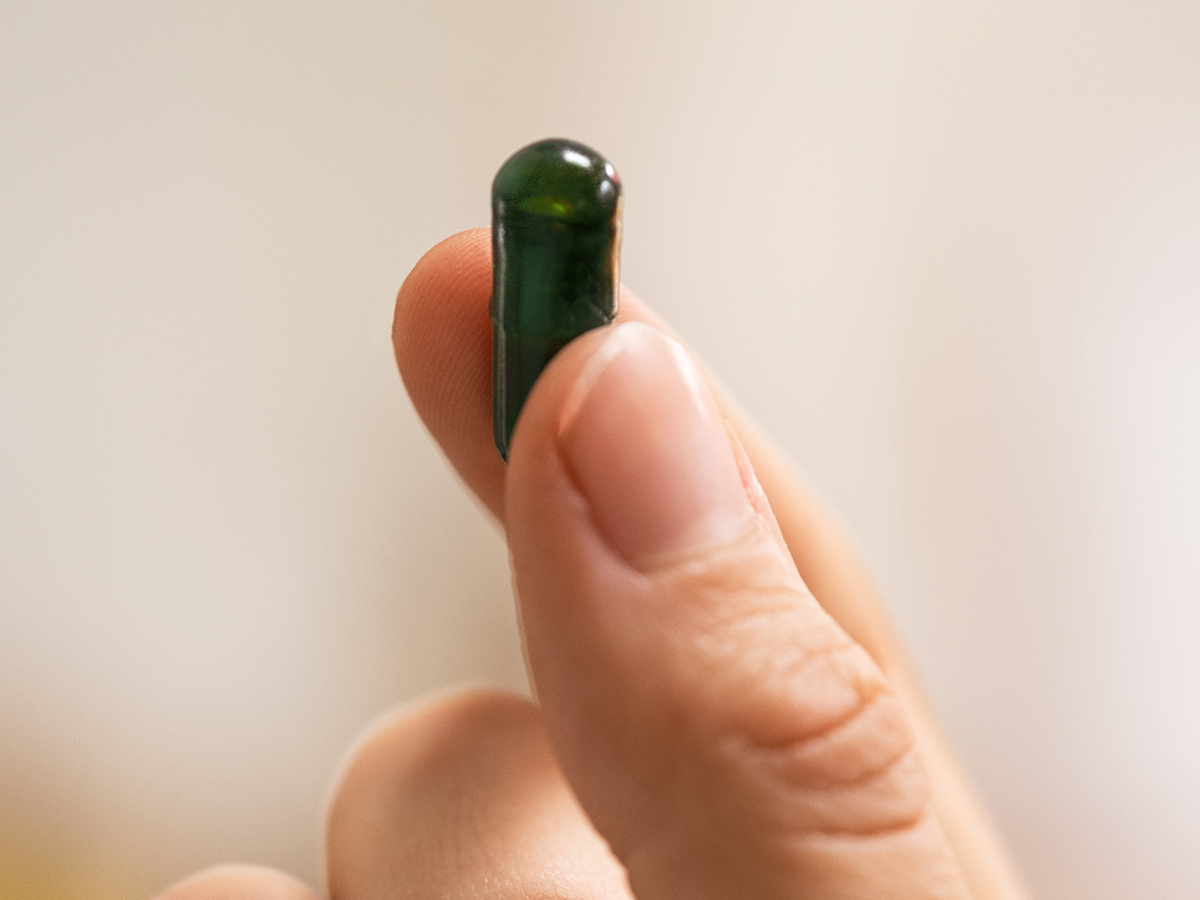
"We set out to develop a new standard in probiotics, introducing much-needed transparency, education, precision, and innovation to the category," she says. This journey began during Katz's own pregnancy. "I realized the white space between science and the products we're sold and the information we're told," she says. "Then, my breastfeeding experience ignited my personal mission to reinvent infant formula. These led us on a multi-year, multi-country journey to understand the importance of the microbiome and the potential of beneficial bacteria (well beyond gut health and infant formula) to improve both human and planetary health."
In other words, Katz and her team set out to create the unicorn of probiotics: a product that simplified any confusion around the microbiome but offered benefits far beyond smoother digestion. It would need to be sustainably made with ingredient transparency and consider all the intricacies of the body's relationship with bacteria—and educate the consumer on all of this in a succinct, user-friendly way. The result would ultimately be the Daily Synbiotic, which offers different formulations for women and men. (More on that distinction in a minute.)
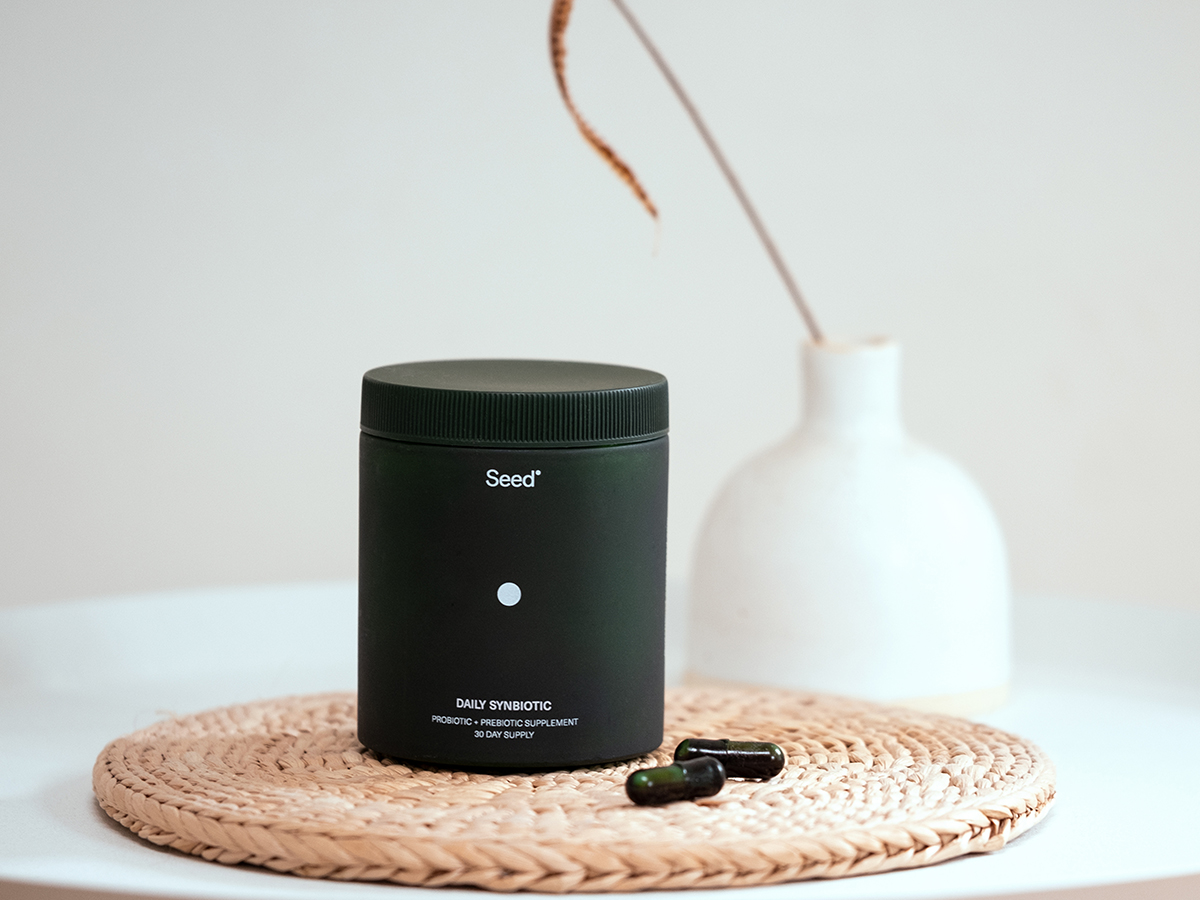
"In collaboration with our chief scientist, Dr. Gregor Reid, we developed our Daily Synbiotic—the first in our pipeline of effective, scientifically validated probiotics that will continue to roll out in early 2019," says Katz. "And while most probiotics are intended to improve digestive function, we developed our Daily Synbiotic to deliver a range of clinically-verified, systemic benefits including cardiovascular and dermatological health."
It was crucial to Katz and her team to make a female-specific formulation because bacteria actually plays a huge role in reproductive health. (See? It's so much more than digestion.)
"The female body has an incredibly unique relationship with bacteria," says Jacques Ravel, PhD, the co-chair of Seed's scientific advisory board. "From the vaginal biome (where trillions of microorganisms balance pH) to the gut (where synthesis of key metabolites and vitamins like folate occurs), bacteria are involved in a woman's health from birth through key life stages and moments like fertility, pregnancy, and menopause."
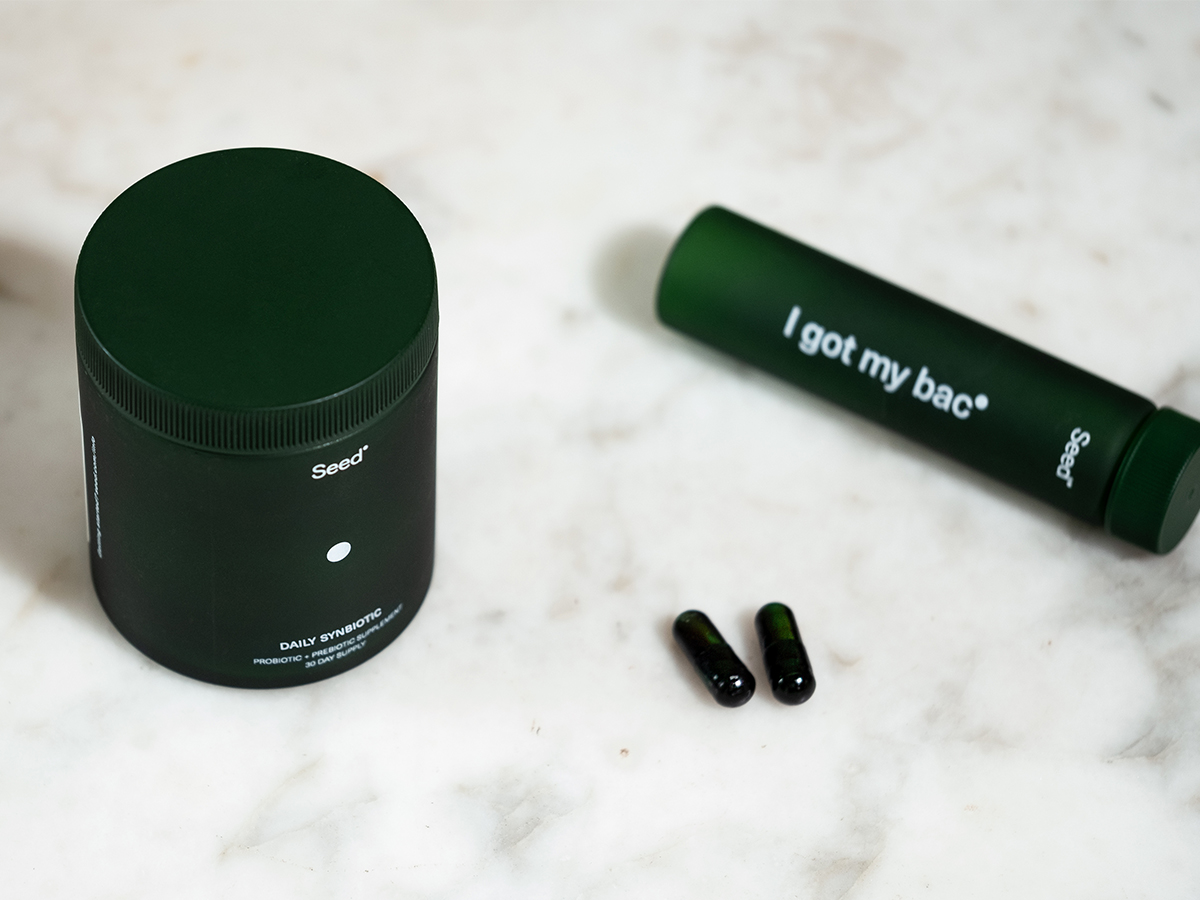
Folate is the nutrient to note here. "Folate is a critical vitamin—supporting the production and maintenance of red blood cells, as well as DNA," says Katz. "Specific microbes can synthesize a number of essential vitamins, like folate, inside your body. In the female body specifically, folate also plays a crucial role in pregnancy and preventing serious birth defects."
While women can consume the nutrient by way of folate-rich foods like leafy greens, avocados, and citrus fruits, doing so might not be enough for optimal health—and synthetic folic acid supplements can be problematic, since 20 to 40 percent of women have a genetic mutation that prohibits them from processing synthetic folic acid into usable folate. (This mutation can also have a marked impact on mental health.)
But since a healthy balance of microbes in the gut can actually encourage the natural synthesis of folate, Seed's Female Synbiotic actually targets the microbiome in a way that increases folate production—the first of its kind.
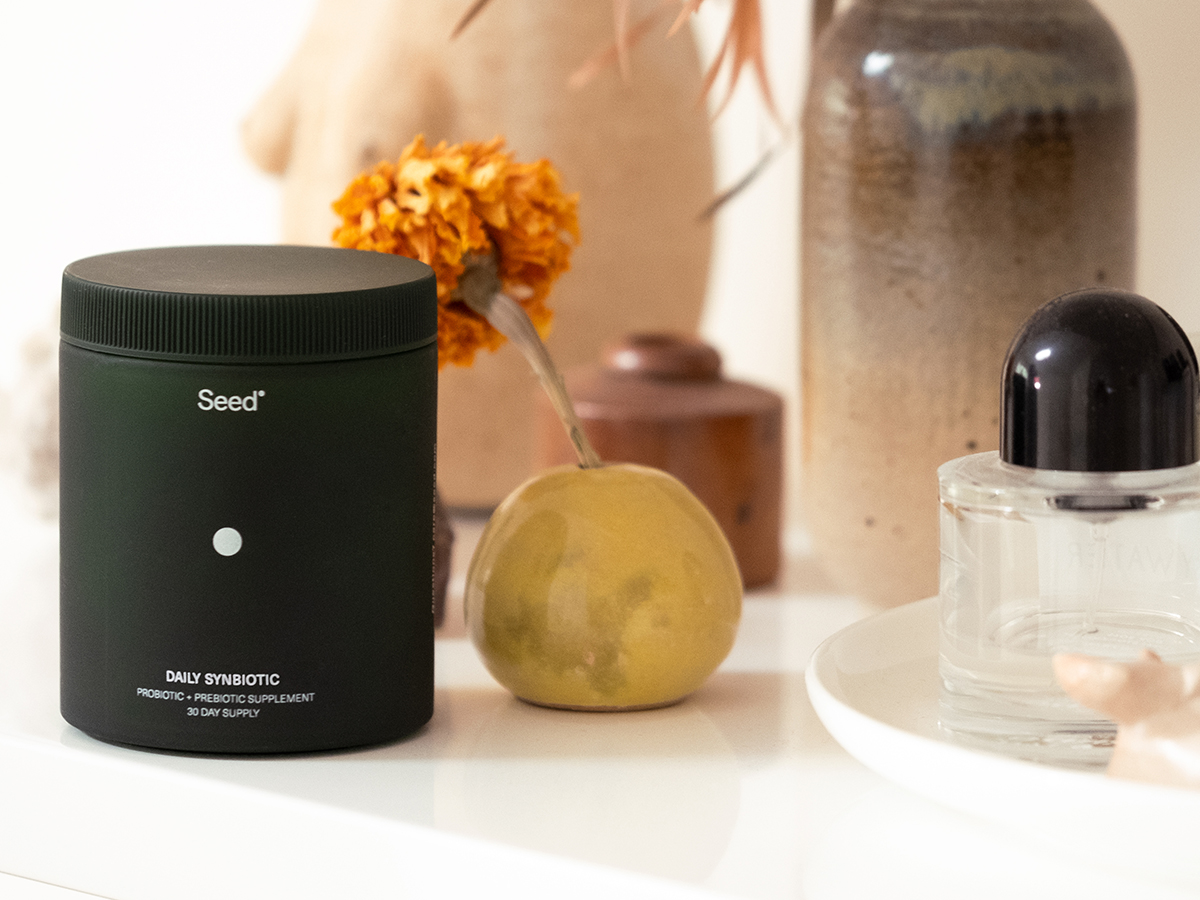
It's just one of the specs that establish Seed as a new standard for probiotics. "Most U.S. probiotics contain generic strains (or often only the species with no specificity of which strain) from the same contract manufacturers or dairy companies and have not been clinically studied in humans," adds Katz. "This next generation of probiotics will look beyond generic species and show how specific strains demonstrate an effect in the human body."
And thanks to rigorous clinical trials that concretize the supplement's efficacy, you'll be able to feel those results right away—I noticed a positive change in my digestion the day after I started using my Synbiotic, which Katz says is the norm. I'm looking forward to experiencing some of the product's more long-term benefits, such as clear skin, a revved-up metabolism, and a more balanced reproductive system.
But so far, the best side effect I've experienced is significantly diminished cynicism. This is a probiotic I don't just understand but, for once, fully believe in.

Up next, There's a Really Simple Way to Avoid a Wine Hangover, According to a Sommelier
Disclaimer
This article is provided for informational purposes only and is not intended to be used in the place of advice of your physician or other medical professionals. You should always consult with your doctor or healthcare provider first with any health-related questions.
-
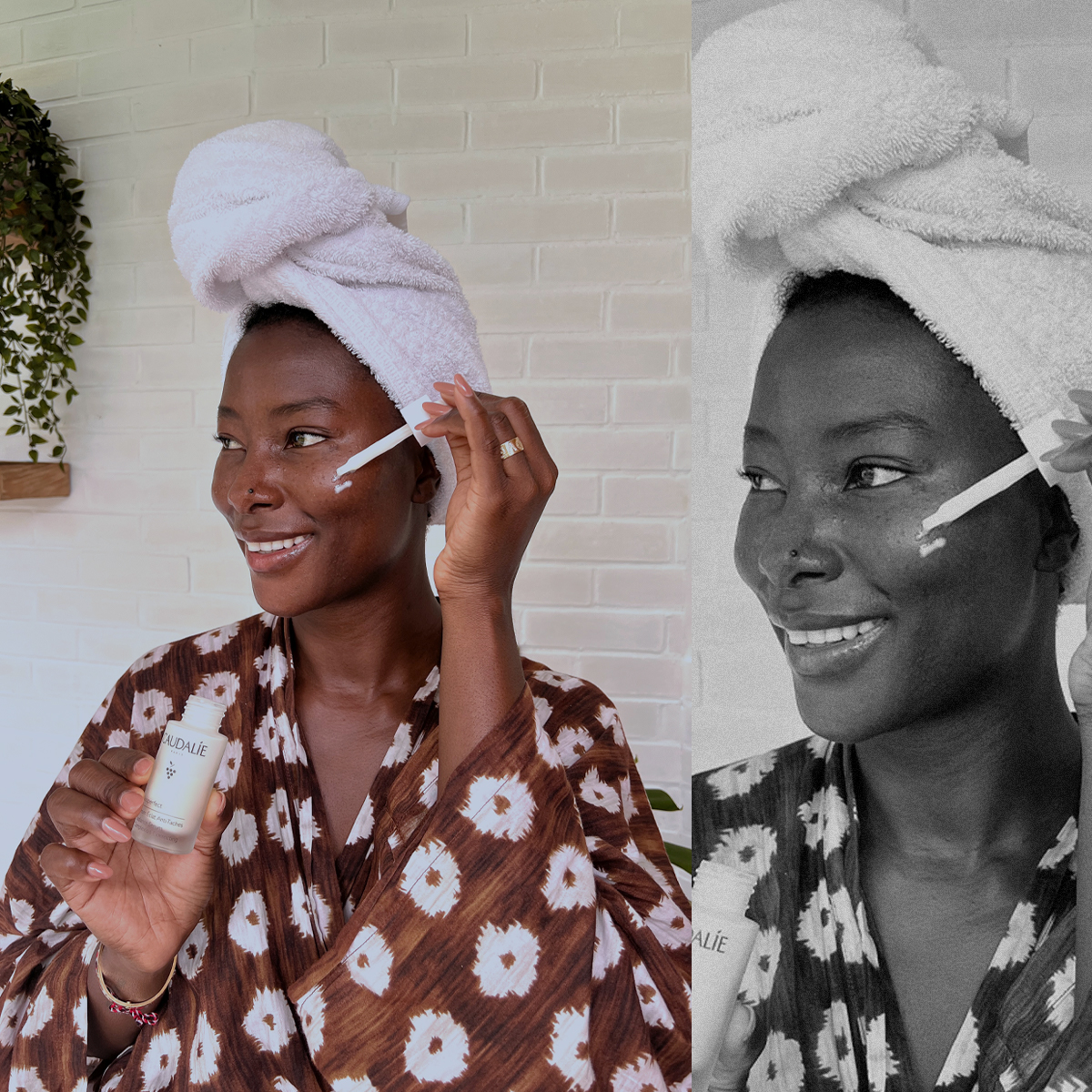 This Beauty Blogger's Wind-Down Routine Is Anything But a Snooze
This Beauty Blogger's Wind-Down Routine Is Anything But a SnoozeSee her go-to workout and her favorite vitamins.
By Virginia Yapp
-
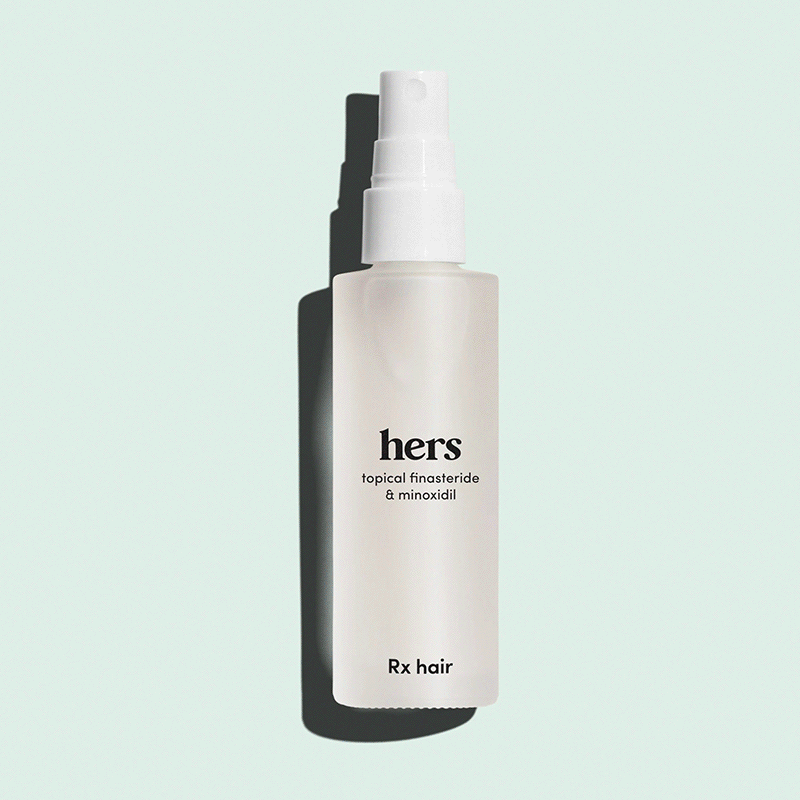 13 Products That Will Step Up Your Self-Care Game From Home
13 Products That Will Step Up Your Self-Care Game From HomeGet that glow from within.
By Natalie Gray Herder
-
 Bella Hadid and Gwyneth Paltrow Apparently Love Sakara Life, so We Tried It for 30 Days
Bella Hadid and Gwyneth Paltrow Apparently Love Sakara Life, so We Tried It for 30 DaysHere are our honest thoughts.
By Erin Jahns
-
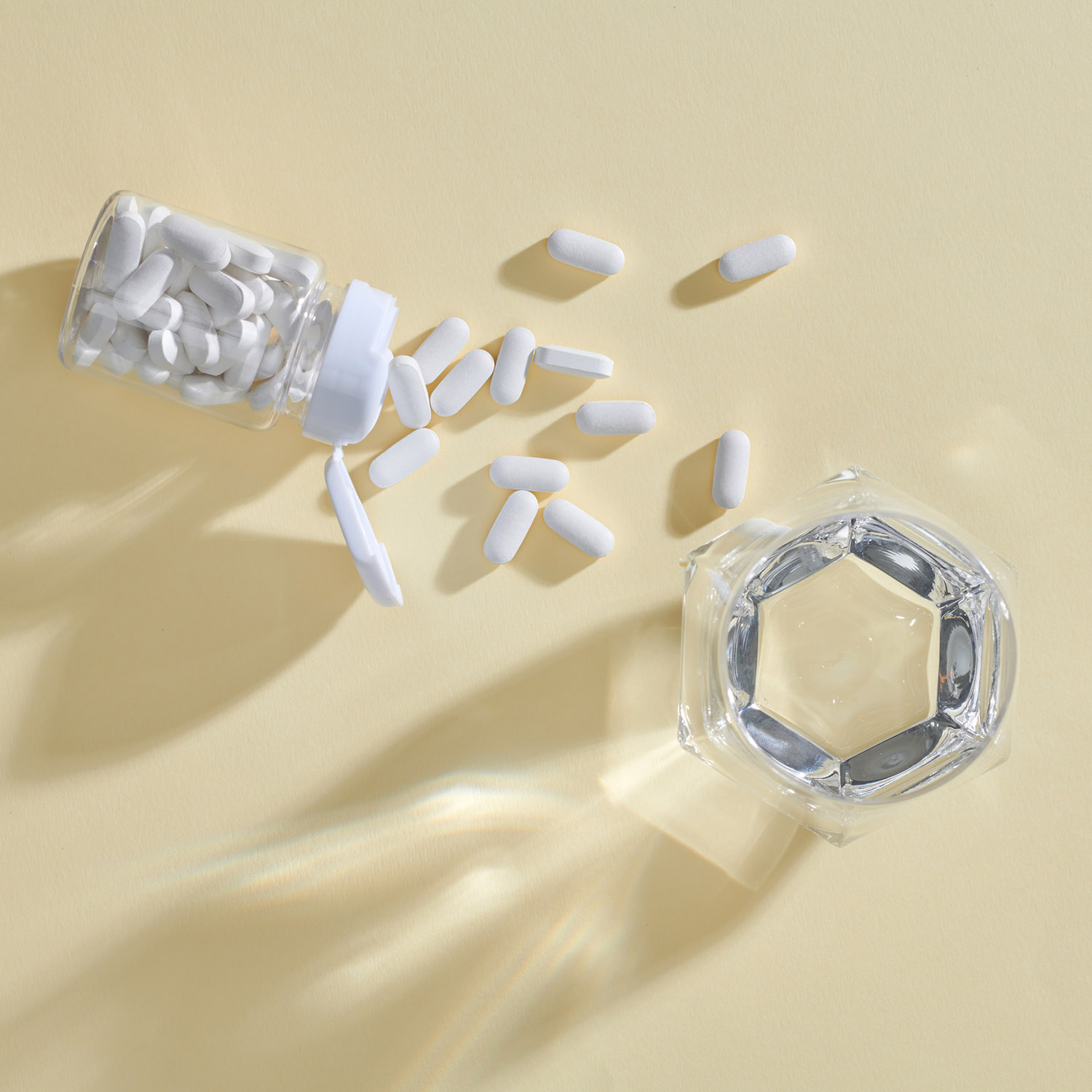 Don't Forget This Vital Ingredient When It Comes to Gut Health
Don't Forget This Vital Ingredient When It Comes to Gut HealthIt's crucial.
By Sarah Yang
-
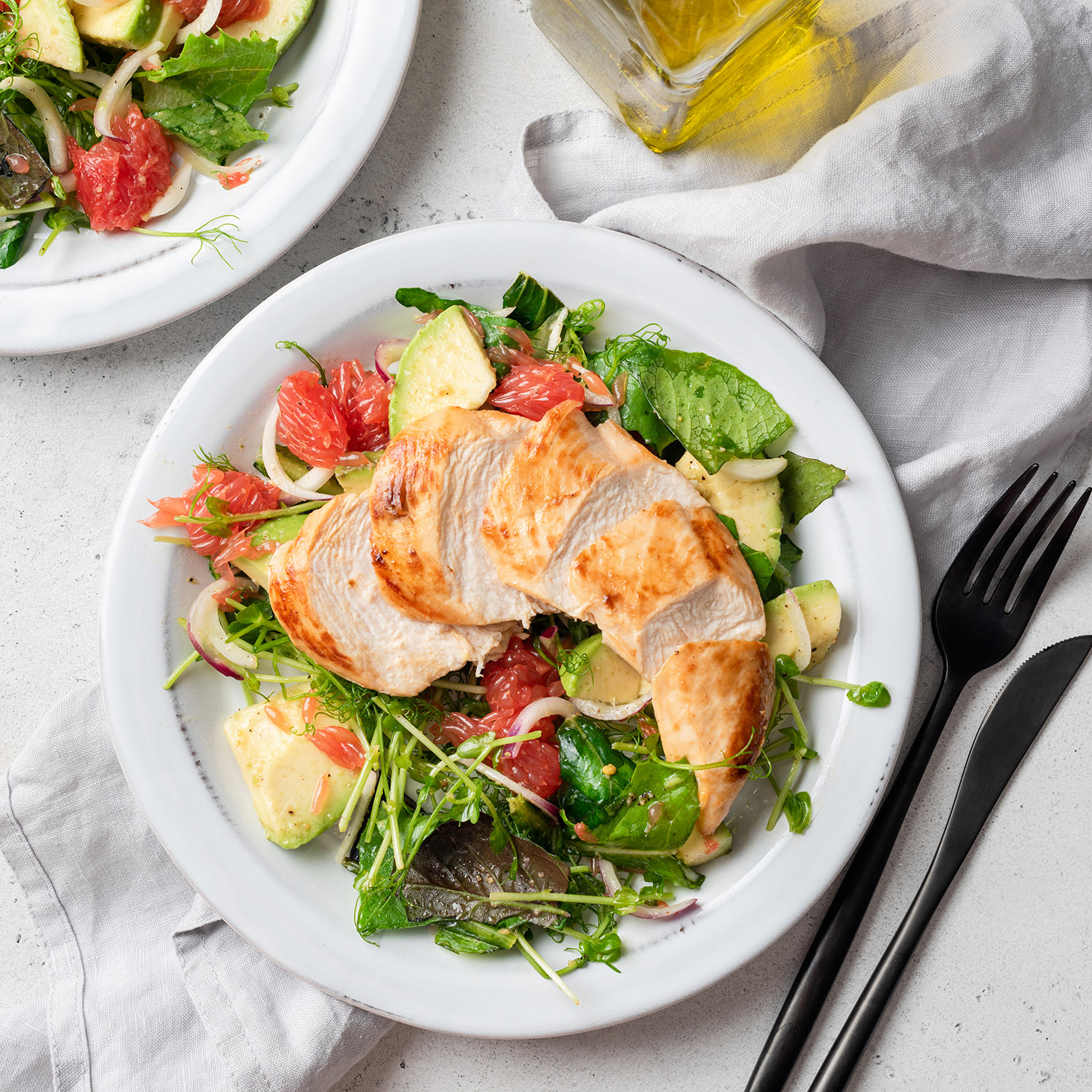 The 6 Warning Signs You're Not Getting Enough Protein
The 6 Warning Signs You're Not Getting Enough ProteinAnd what to eat to up your intake.
By Sarah Yang
-
 Everything This Professional Ballet Dancer Eats to Fuel Her for Performances
Everything This Professional Ballet Dancer Eats to Fuel Her for PerformancesHer grocery staples include high-quality French butter.
By Candice Aman
-
 These 8 Foods Are the Worst for Rosacea—Here's What to Eat Instead
These 8 Foods Are the Worst for Rosacea—Here's What to Eat InsteadControl those flare-ups.
By Sarah Yang
-
 FYI: This Vitamin Affects Your Skin, Immune System, and Eye Health
FYI: This Vitamin Affects Your Skin, Immune System, and Eye HealthIt's a big deal.
By Sarah Yang
